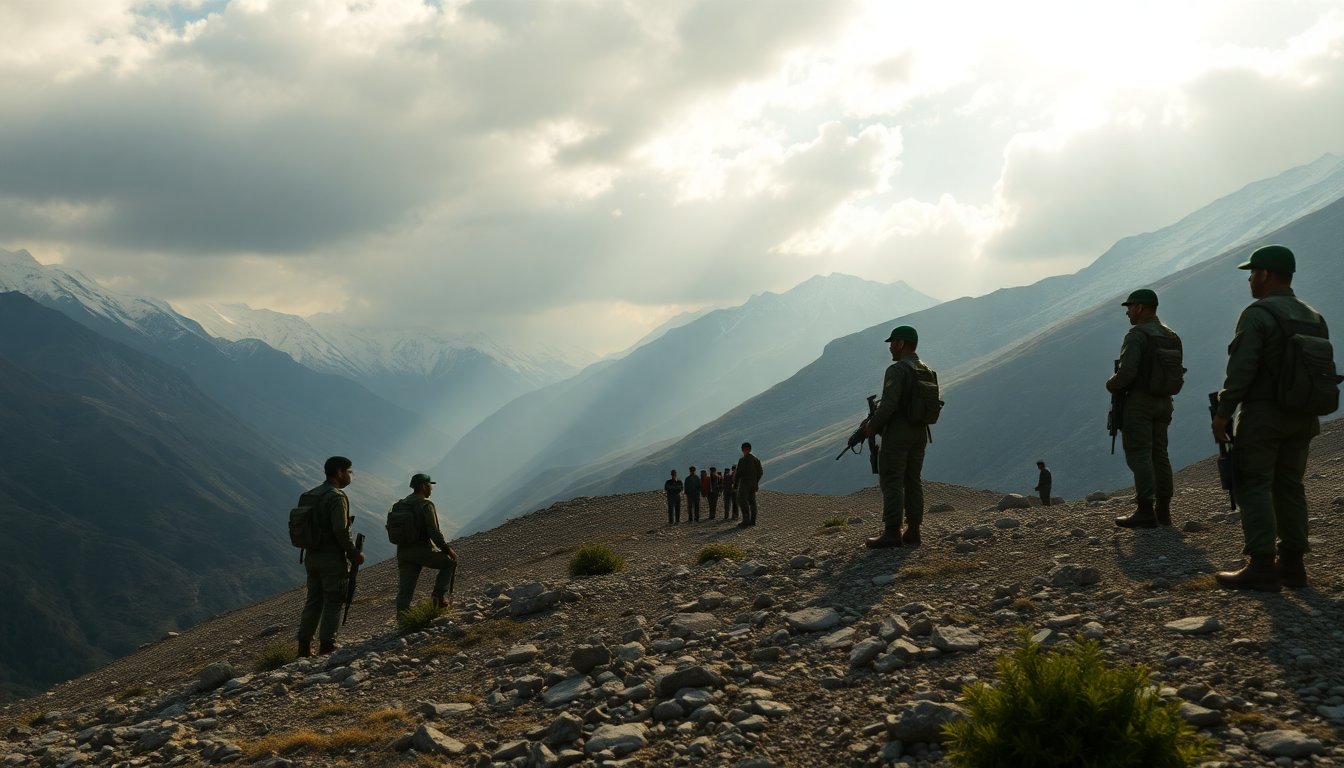Table of Contents
In a significant diplomatic breakthrough, Afghanistan and Pakistan have announced a ceasefire following intensive negotiations facilitated by Qatar and Turkiye. This agreement follows a week marked by intense skirmishes along their contested border, representing a critical step towards restoring peace in the region.
The Ministry of Foreign Affairs of Qatar confirmed the agreement on Sunday. The ceasefire aims not only to halt immediate violence but also to establish frameworks that promote enduring peace and stability between Afghanistan and Pakistan.
Commitment to dialogue and future meetings
Both countries have committed to holding follow-up meetings soon. These discussions are intended to ensure the effective implementation of the ceasefire and to monitor its sustainability. This proactive approach signifies a mutual desire to resolve ongoing tensions and prevent further escalation.
Prior to the ceasefire announcement, representatives from both sides convened in Doha on Saturday to seek viable solutions to the ongoing conflict. The recent clashes resulted in numerous casualties and injuries, marking the most severe violence recorded since the Taliban regained control of Kabul.
Details of the negotiations
The Afghan delegation, led by Defence Minister Mullah Muhammad Yaqoob, arrived in Qatar to engage in dialogue with Pakistani officials. According to Afghan spokesperson Zabihullah Mujahid, the discussions aimed to address the pressing issues that led to the recent hostilities.
Pakistan’s Defence Minister, Khawaja Muhammad Asif, led the negotiations for his country. The agenda primarily focused on tackling the root causes of cross-border terrorism that have plagued both nations and reinstating a sense of peace along the lengthy Pak-Afghan border.
Background of the conflict
Historically, relations between Afghanistan and Pakistan have been fraught with tension. Recent violence escalated after Pakistan accused Kabul of failing to control militant groups operating from within its borders. Islamabad claimed these factions launched attacks against Pakistani troops, threatening national security.
In response, the Taliban leadership categorically denied providing refuge to any militant groups targeting Pakistan. They accused the Pakistani military of disseminating false narratives about the situation in Afghanistan while allegedly harboring ISIL affiliates that contribute to regional instability.
Recent escalation and its implications
Tragically, Friday witnessed a suicide bombing near the border that resulted in the deaths of seven Pakistani soldiers and left 13 others injured. Such incidents underscore the urgent need for effective communication and conflict resolution mechanisms between the two nations.
Pakistani military chief, Field Marshal Asim Munir, emphasized the necessity for the Afghan government to take decisive action against militant proxies operating within its territory. During a recent graduation ceremony for military cadets, he highlighted the critical role that Afghanistan must play to ensure its soil is not used for launching attacks against Pakistan.
The Ministry of Foreign Affairs of Qatar confirmed the agreement on Sunday. The ceasefire aims not only to halt immediate violence but also to establish frameworks that promote enduring peace and stability between Afghanistan and Pakistan.0
The Ministry of Foreign Affairs of Qatar confirmed the agreement on Sunday. The ceasefire aims not only to halt immediate violence but also to establish frameworks that promote enduring peace and stability between Afghanistan and Pakistan.1


